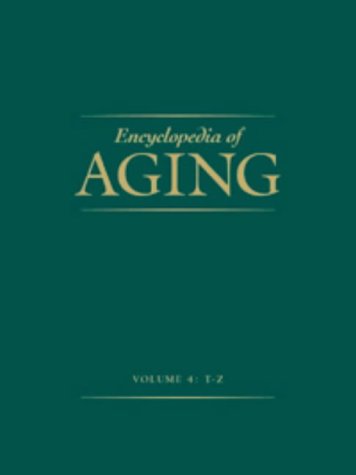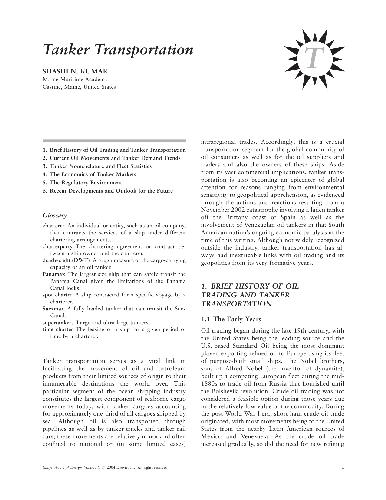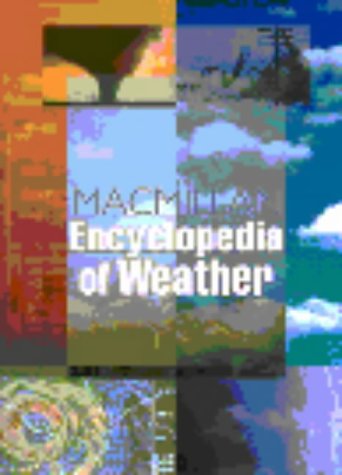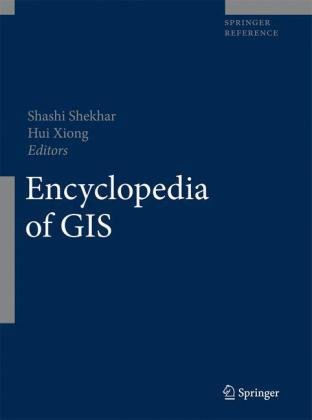David J. Ekerdt0-02-865472-2
The great increase in the scholarly study of aging is attributable to both demographic increases and the growth in clinical and social services to the aging population. Correspondingly, we see an increase in the number of reference works published in an area that is of high interest popularly, academically, and professionally. In more than 400 entries, this encyclopedia aims ”to present advanced ideas about aging at an accessible level.” The editor in chief, Ekerdt, a professor of sociology and gerontology at the University of Kansas, and six other editors worked with the many contributors (also more than 400), both scholars and practitioners from the U.S and abroad.Topics represent the range of information in gerontology, covering biological, medical, psychological, and sociological topics as well as social and public policy issues. Articles range from very specific, for example, Congregate housing or Fluid balance, to more general essays, such as Bereavement or Visual arts and aging. About one-third to one-half of the articles focus on biological, medical, or psychological aspects of aging. There are also good treatments of social policy — a history of Social Security, articles on adult protective services, housing options, etc. Many of the articles are broken into segments. Cellular aging has a general overview article, then four more-specific ones dealing with such issues as cell death or DNA. Long-term care and Retirement are similarly broken into segments. This is a useful approach when the audience may vary in levels of familiarity with the topics.Most of the emphasis is on the U.S., with some attention given to other countries and cultures and comparisons between cultures. Several articles fall in the topic group of aging around the world — entries on China and Japan, three to four pages on Western Europe or South Asia. The cross-cultural articles are not comprehensive enough to make this work international in scope. The whole of sub-Saharan Africa, for example, is dealt with in one fairly brief article.The signed articles are presented alphabetically. In the fore matter there are alphabetical lists of the articles by both title and author (the first of which has several articles listed out of alphabetical sequence near the beginning). A very useful feature follows: lists of articles grouped by specific topic areas, for example, ”Cognition,” ”End of Life Issues,” and ”Work.” Each article also has cross-references to related articles and a bibliography; however, some of the authors have cited research in the body in the briefest style (e.g., ”Jones, 1984”) and have not included those references in the bibliography. A very detailed index allows access to the wealth of factual information in the entries despite the omission of references to some topics one would expect, for example, respite care and use of restraints. But, on the whole, the coverage of both general topics and very specific information is impressive. Many well-produced illustrations and diagrams accompany the text in an exceptionally attractive productThere is no dearth of reference publishing in this area. Many consumer-oriented titles that deal with specifics of health or retirement are available in print, as are some more-encyclopedic popular works such as The Encyclopedia of Health and Aging: The Complete Guide to Health and Well-Being in Your Later Years (rev. ed., Key Porter, 2001) and The Encyclopedia of Aging and the Elderly (Facts On File, 1992). The new edition of the one-volume The Graying of America: An Encyclopedia of Aging, Health, Mind, and Behavior (2d ed., Univ. of Illinois, 2001) is suitable for general readers and undergraduates. The two works that are the most comparable in scope are the new edition of George Maddox’s The Encyclopedia of Aging: A Comprehensive Resource in Gerontology and Geriatrics (3d ed., Springer, 2001) and James Birren’s Encyclopedia of Gerontology: Age, Aging, and the Aged (Academic, 1996). The Birren work, although older now, is still in print, and its review in RBB noted that it ”is a comprehensive source that offers a multidisciplinary overview of all aspects of aging.” Written for professionals, it is accessible to educated lay readers. The Maddox work, now in its third edition, is also a broad look at aging, with articles ranging from general interest to very specialized topics. Its style, heavily referenced with research, may be less accessible to the general reader, even the educated lay reader whom Ekerdt also has in mind.On the whole, this new encyclopedic treatment is an outstanding choice for academic libraries serving both professional programs and other courses of study as well as being suitable for larger public libraries. It balances the task of presenting advanced information in an accessible fashion extremely well. | |







Reviews
There are no reviews yet.